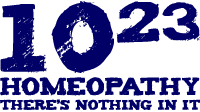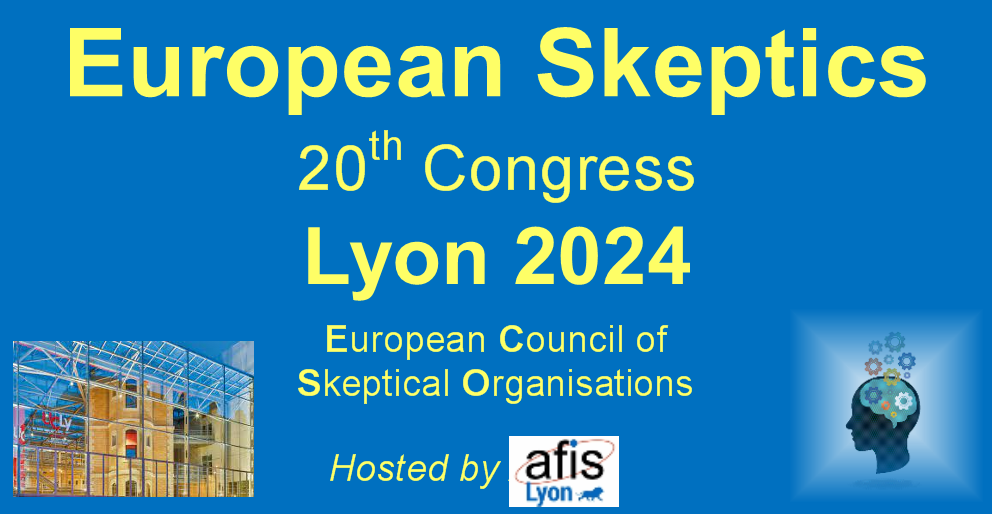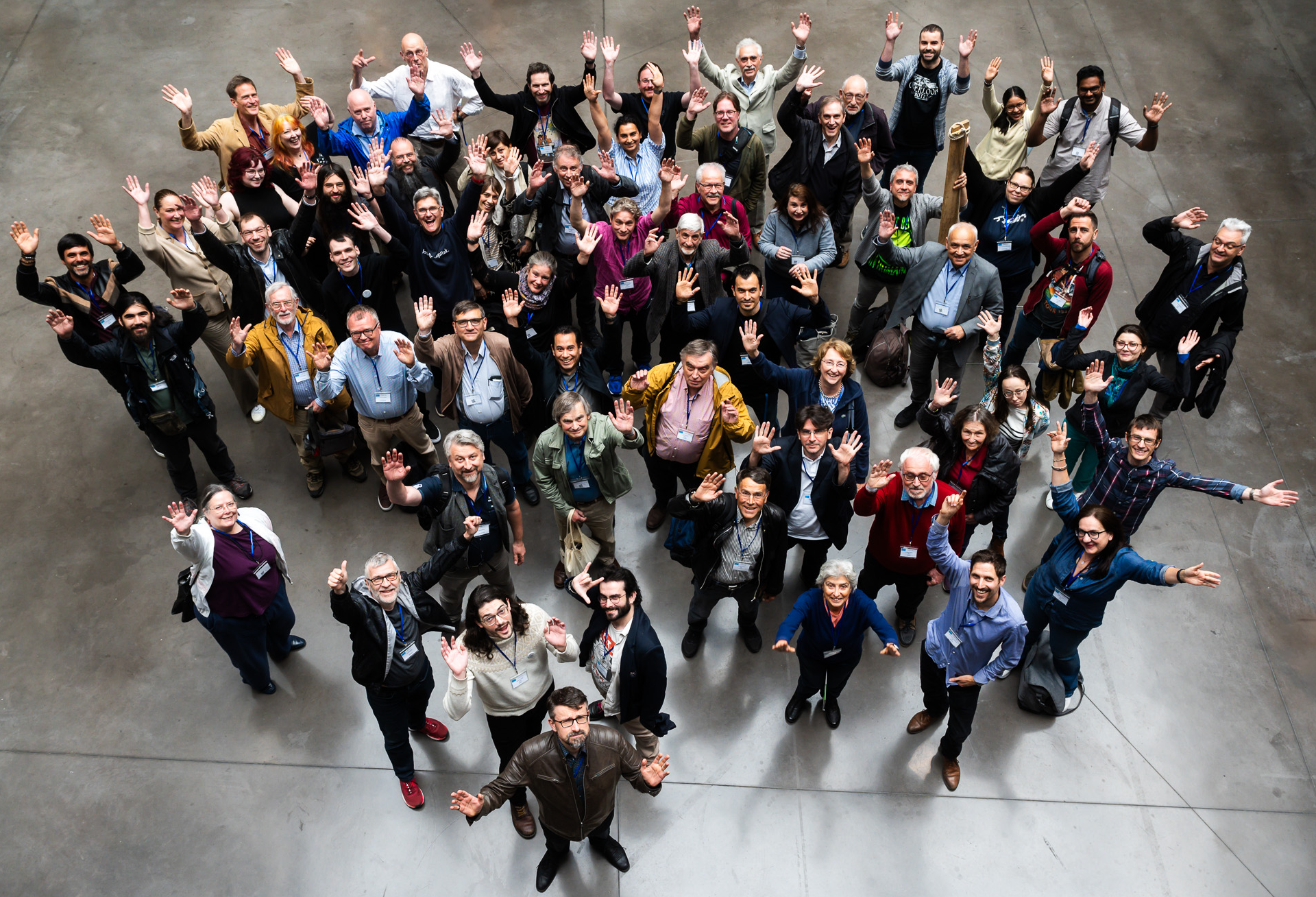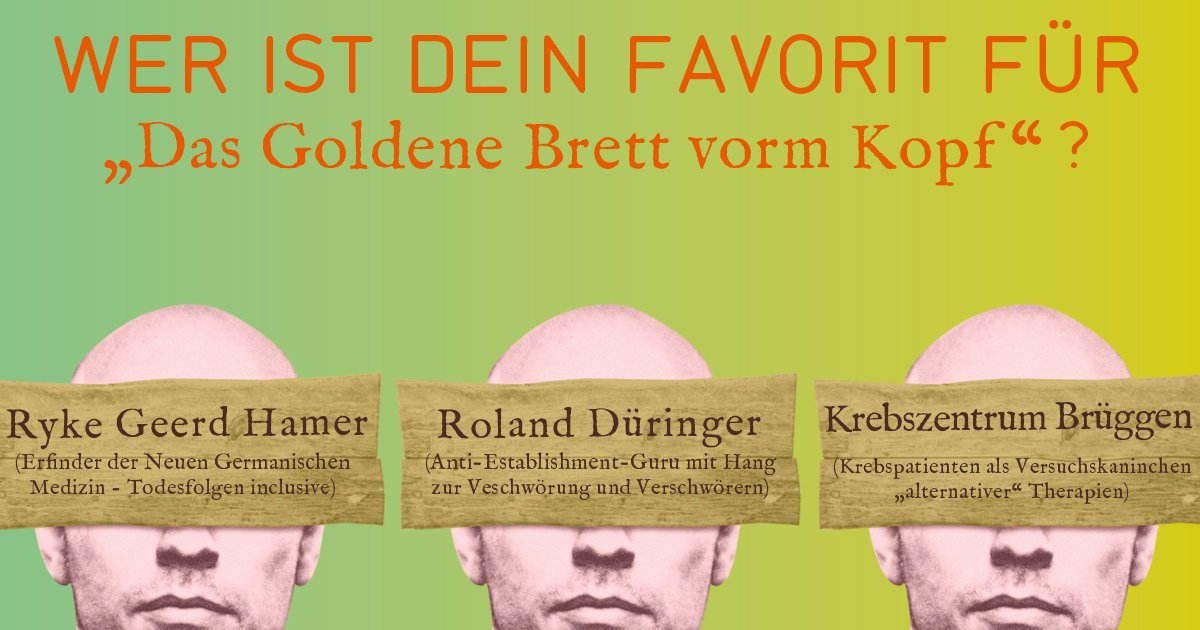 Skeptics in several European cities have taken homeopathic overdoses today to show there’s nothing in it. Despite the lack of any active ingredients, manufacturers and homeopaths claim it becomes dangerous if the prescribed dosage of a homeopathically diluted and shaken remedy is consumed several times. But that’s a myth, the skeptics say, which they’ve gone to prove today.
Skeptics in several European cities have taken homeopathic overdoses today to show there’s nothing in it. Despite the lack of any active ingredients, manufacturers and homeopaths claim it becomes dangerous if the prescribed dosage of a homeopathically diluted and shaken remedy is consumed several times. But that’s a myth, the skeptics say, which they’ve gone to prove today.
 The events are the latest edition of the 10:23 Campaign, first held by SKEPP in Ghent, Belgium in 2004. In 2010, the event was reinvented by the Merseyside Skeptics Society, and first named 10:23 after Avogadro’s number, in several British cities. In 2011, the campaign expanded to a worldwide protest against homeopathy, with people on all seven continents (yes, that includes Antarctica) across 30 countries in 70 cities, with at least 30 participants per city attempting to commit homeopathic suicide.
The events are the latest edition of the 10:23 Campaign, first held by SKEPP in Ghent, Belgium in 2004. In 2010, the event was reinvented by the Merseyside Skeptics Society, and first named 10:23 after Avogadro’s number, in several British cities. In 2011, the campaign expanded to a worldwide protest against homeopathy, with people on all seven continents (yes, that includes Antarctica) across 30 countries in 70 cities, with at least 30 participants per city attempting to commit homeopathic suicide.
This video (German) was recorded by the GWUP skeptics in Hamburg, Germany. Simultaneous events happened in Prague (about 100 participants) and other Czech cities (Brno, Ostrava) and in Bratislava (about 60 participants), Slovakia. Everyone survived, just like in previous years.
An interview with the Czech Skeptics’ Club Sisyfos chairman Leoš Kyša can be read
here (Czech).

This year’s event in the Prague took place in front of the Czech Ministry of Health.

Apart from the usual skeptic crowd, the event welcomed members of the Atheist of the Czech Republic, including their chairman Petr Tomek.
Other interesting participants were the three pro-homeopathy demonstrators, who were disgusted with the whole lot, and left soon after they found out none of the media – TV stations and newspeople – paid them any attention. Pets, cats and dogs, could have been spotted in the crowd, being given homeopathic remedies by their owners.
To make things a little more interesting, the Prague skeptics demonstrated the making of a homeopathic remedy, using rum as the original substance to be diluted.
 In the end, even small children, participating in the even with their parents, were allowed to drink the homeopathic rum.
In the end, even small children, participating in the even with their parents, were allowed to drink the homeopathic rum.
Outrageous?! Why? There’s nothing in it.
More photos: Lidovky
Article photos credits: Vendy
 News headlines from Europe about skeptical activism, mythbusting, science related policy decisions, consumer protection, frauds, health scams, alternative medicine, bad scientific practices, pseudoscience etc.
News headlines from Europe about skeptical activism, mythbusting, science related policy decisions, consumer protection, frauds, health scams, alternative medicine, bad scientific practices, pseudoscience etc.


 Skeptics in several European cities have taken homeopathic overdoses today to show there’s nothing in it. Despite the lack of any active ingredients, manufacturers and homeopaths
Skeptics in several European cities have taken homeopathic overdoses today to show there’s nothing in it. Despite the lack of any active ingredients, manufacturers and homeopaths  The events are the latest edition of the
The events are the latest edition of the 

 In the end, even small children, participating in the even with their parents, were allowed to drink the homeopathic rum.
In the end, even small children, participating in the even with their parents, were allowed to drink the homeopathic rum.